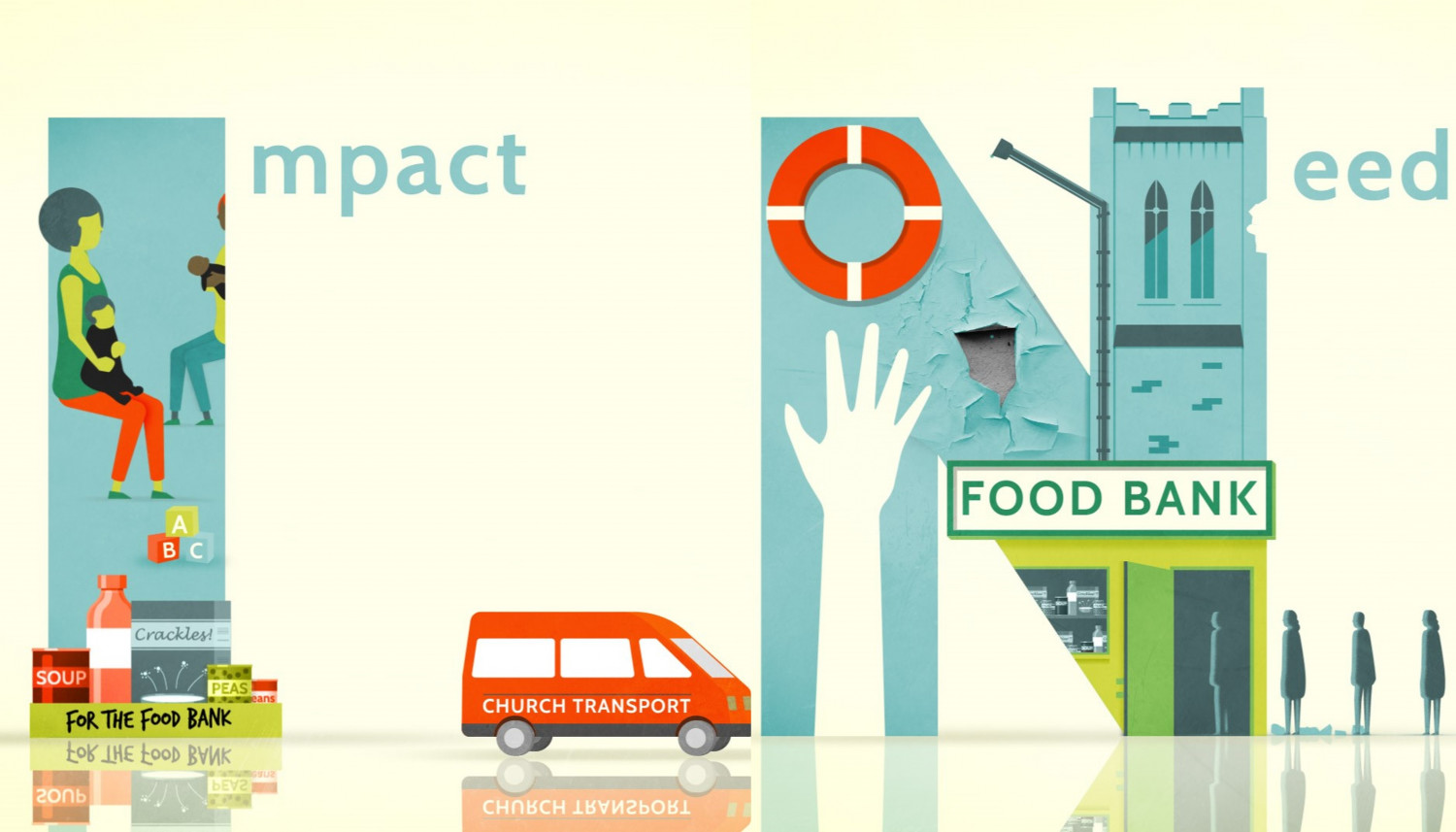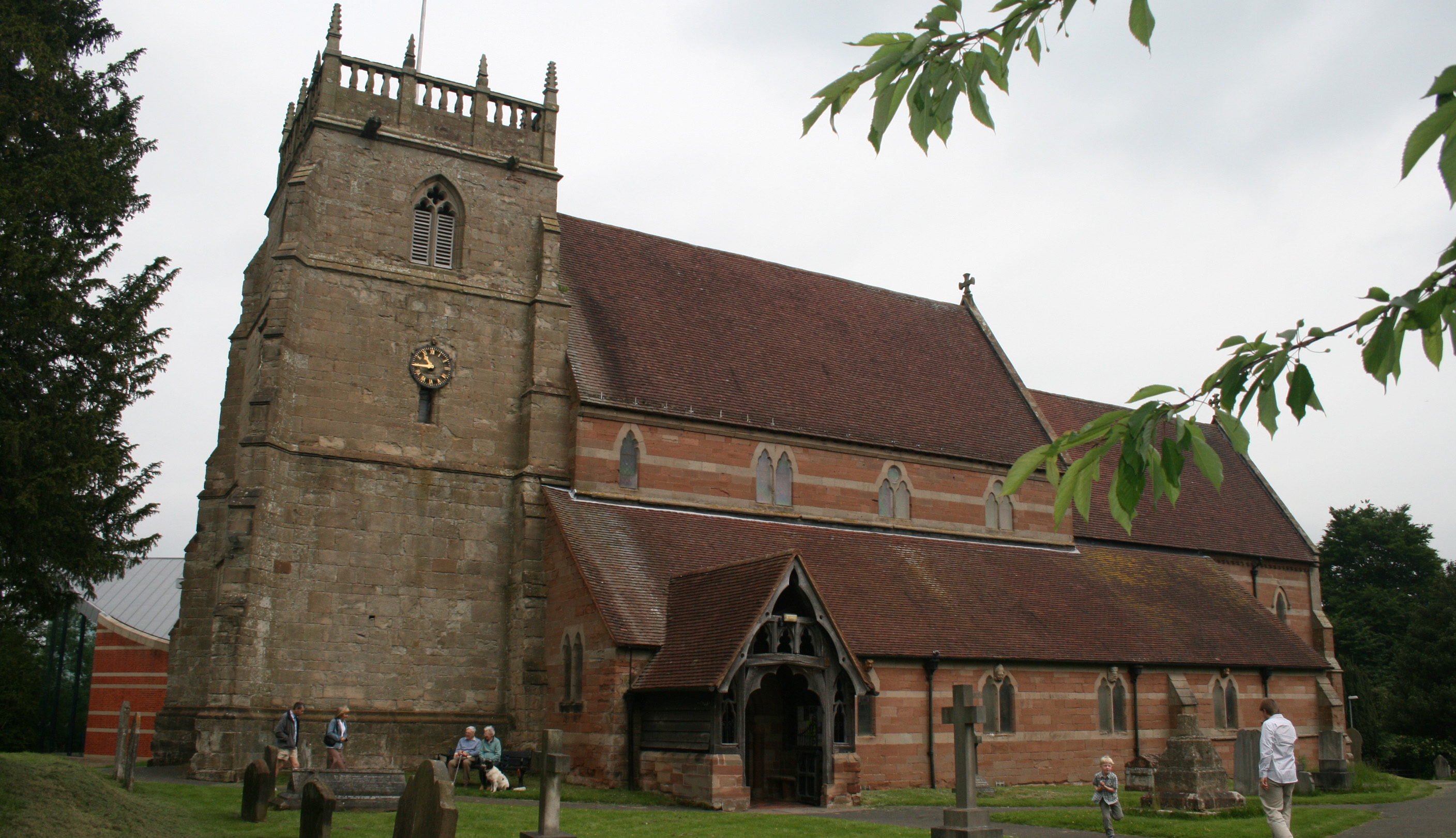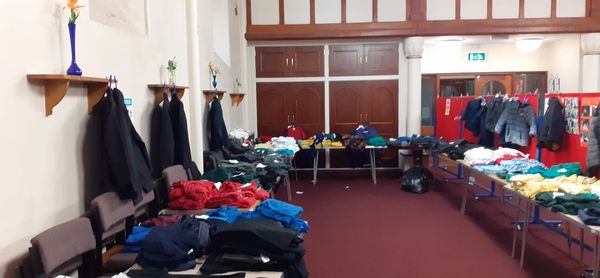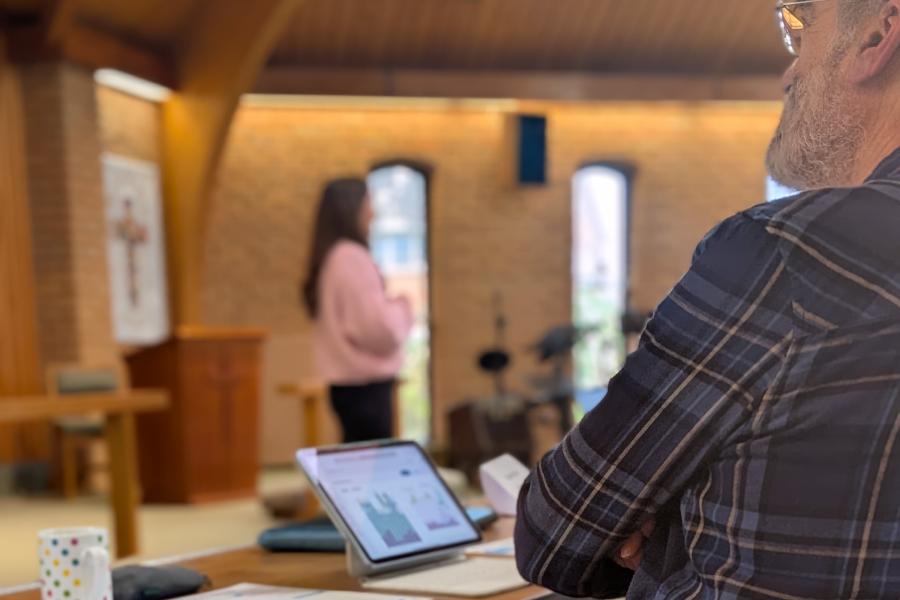
Churches have a great Impact on their community, but in order to achieve this our churches have Needs.
People give generously when they know that their money, time and talents will have an impact that they want to see, and that what they can offer is needed.
Every church has an impact on their community, whether it is running children's holiday scheme; or providing a place of refuge and prayer for your community; or being a beautiful space where families can reunite for baptisms, weddings and funerals. The impact of our physical churches is engrained in our psyche, reminding each community of God's presence, and of His faithful people gathering through the centuries to praise Him.
Impact

Pray
Spend some time together and alone with God, to pray about what impact you are being called as a church to have. Think about the generosity and impact of the earlier churches as described in the Acts of the Apostles and Paul's letters (you might want to look at 2 Corinthians 8 and 9). Do you feel that God is calling your church to have a particular impact?
Why did you start going to your church, and what keeps you going there?
The answer to this question may help you to think about what impact your church has had on yourselves, and this is part of the story we want to tell. Remember it is not just the building that can have an impact (though the building has an impact and story of its own, which should be told), but also the people of the church. We often forget that the work of a few individuals from church, such as setting up a 'phone tree to check on housebound individuals, is a part of the story of the church's impact.
What are the needs of your community?
Spend some time thinking about what is needed in the local community. This may involve speaking with other parties, such as a church school or local care homes. Seeing what is needed around you can inspire your church to make that a part of its Impact.
What Impact would you like to see?
What Impact would you like to see your church have on your local community and how can this be achieved? You can start to put together a Mission Action Plan, which will help you to focus on how this impact can be achieved.
Needs
Once you have identified the Impact of your church, it is then important to think and communicate the Needs, both those of the community you wish to impact, and those of the church in order to have that impact.
Think about charity adverts on TV; they begin by saying what the need is - people suffering from cancer or having to drink unclean water, then explain the impact their charity has had - research into cancer increasing life expectancy or new wells, and finally they explain the charity's needs again - a few pounds a month in order to keep this work going. We can use a similar method when explaining the needs of our churches to help communicate effectively how people can help.
- What is the Need within the community?
- What is the Impact you wish to have, responding to that need?
- What do you Need in order to achieve that impact?
You may also like to think about the different reasons people give to churches. A recent survey of Anglicans showed that there were three main types of giver (and also those who don't give).
1) The Occasional Giver, who only occasionally give, because they do not understand the impact or need that their money will have.
2) The Heritage Giver, who gives in order to look after and preserve the building for future generations.
3) The Faithful Giver, who gives in order for the church to continue its ministry and as part of their practice of discipleship.
The National Church has created Giving Personas around these, which have some helpful ways of focussing your giving strategy. These highlight the different impacts that people want to give to, an occasional giver is more likely to give to a single campaign that relates to a particular need in the community, the heritage giver is more likely to give responding to the demands of the building, and the faithful giver is more likely to give to missional or discipleship initiatives.
To read more about Impact and Need please visit the Church of England's webpages.

You can also think about dividing givers into those who give regularly, those who occasionally give, and those who give through a special appeal or event:
Regular Givers
Regular givers need to know that they are making a good decision when they chose to give to you rather than another good cause. Your message should be:
- thankful, their gift is appreciated
- transparent, be clear about the difference their gift makes
- spiritual, giving is part of the life of a committed Christian
The generosity of regular givers is needed to enable churches to pay regular expenses. The gifts of regular worshippers are needed to pay Ministry Share, which pays for the clergy, or help with the care and costs of the building. Communicate frequently with your regular givers and make sure that you thank them personally at least once per year.
Occasional givers
Occasional givers give for many reasons, what they have in common is that they give to make a difference. It is therefore important that you inform them of the difference they can make!
Don’t tell people how enormous your bills are but rather provide examples of what their gift can do eg. £X will buy coffee for the pensioners club or £X will pay for a week of our children’s worker. Sometimes you might need to say ten donations of £X would enable … You might also want to express gratitude for past gifts; last year your generous gifts represented X% of the income of this church or, enable us to pay for the service sheets or gutter cleaning.
Make sure you do say ‘thank you’ and offer to be in touch.
Special appeals and events
Special appeals or events start with a story. Whether it is the story of the season (Christmas, Easter, Harvest etc), the story of the need (woodworm in the vestry) or story of the desire (no one going hungry), story motivates giving.
Be clear about your aim and the timescale (£X by June) and if the task is sizable, break it down into smaller parts to make it manageable. Use pictures and people to bring it alive, tell the story consistently wherever you tell it and if it doesn’t excite you it probably won’t excite anyone else so look for the angle that makes it engaging.
Remember, if you are fundraising for a particular project (such as the church roof) you should include in any material (or a link to a webpage explaining) what will happen if you do not raise enough money and what will happen if you raise too much money.
